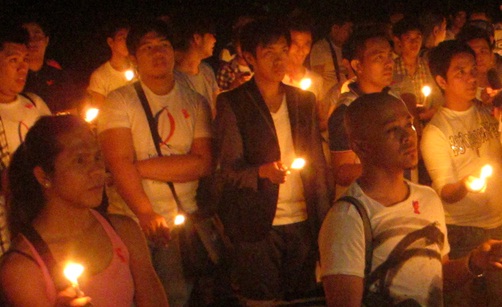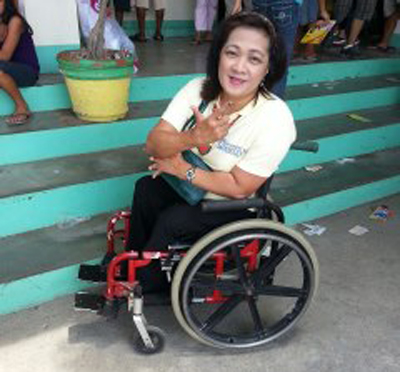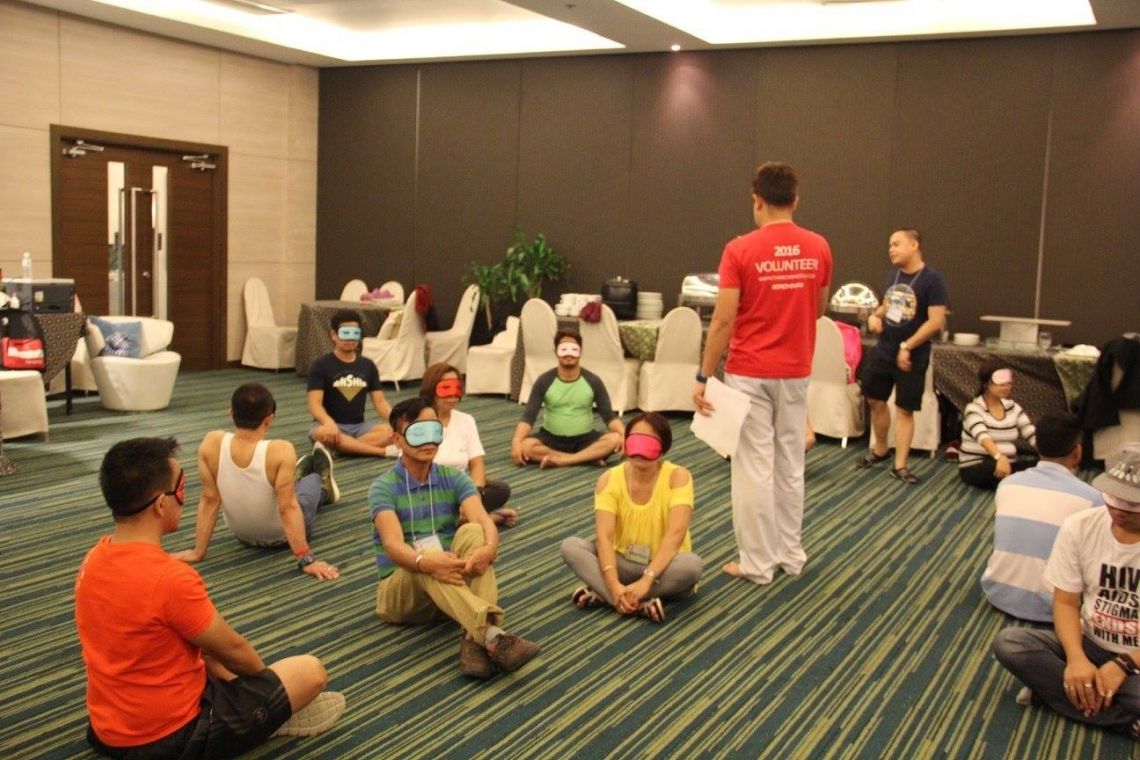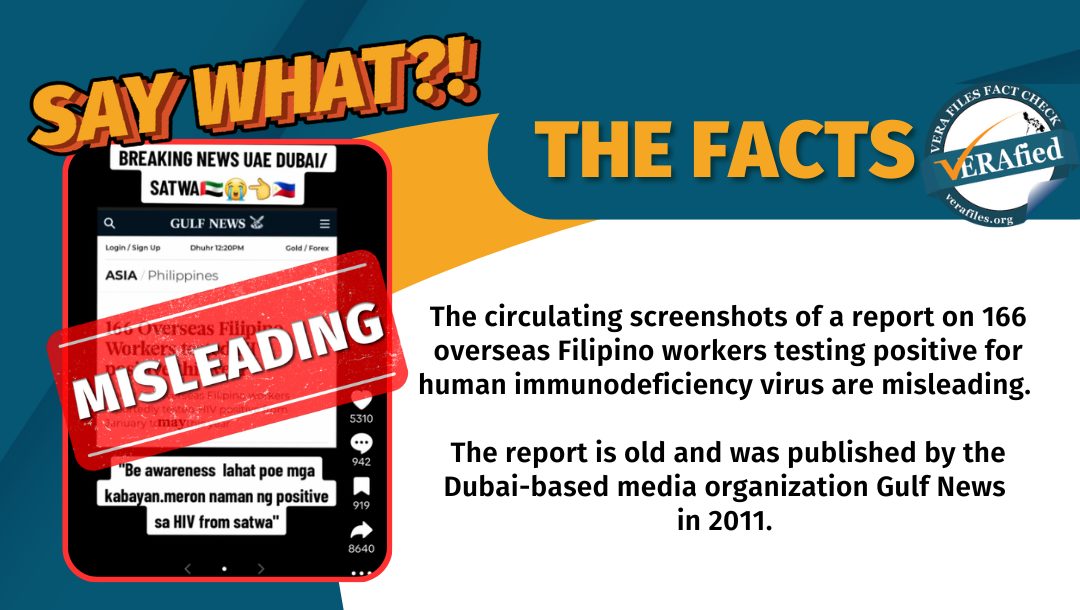By PATRICK KING PASCUAL

“DENVER” (not his real name) is HIV-positive. He has been an outpatient at one of the HIV/AIDS treatment hubs in Manila for seven years already. And he just learned recently that he can avail some benefits and privileges from the government.
“I cannot blame them for not orienting us, the patients, that we can apply for a PWD ID, because they’re attending to a lot of patients already. We just hope that our government improves the dissemination of important information to the public,” Denver said.
Problems like that of Denver have been encountered by sick people whose disabilities are not physically obvious. It’s not just inadequacy in information dissemination but more on the issue of what is “chronic illness.”
Republic Act 7277, the Magna Carta for Disabled Persons defines Disabled Persons as those “suffering from restriction or different abilities as a result of a mental, physical, or sensory impairment, to perform an activity in the manner or within the range considered normal for a human being.”
R.A. 7277 was amended by Republic ACT 9422 granting additional privileges and incentive to Persons with Disabilities (PWD).
It states that “Identification Cards shall be issued to any bonafide PWD with permanent disabilities due to any one or more of the following conditions: psychosocial, chronic illness, learning, mental, visual, and orthopedic, speech and hearing conditions.”
Chronic means a condition or disease that is persistent or otherwise long-lasting in its effects. HIV is one example of chronic illness which also includes asthma, diabetes, cancer lupus, and many more.
Problems arose when many persons suffering from a chronic disease but did not look physically ill were denied discounts by drugstores and other establishments.
Denver, in fact, said when some of his fellow PLHIVs (people living with HIV) tried to inquire and request for necessary papers needed for the PWD ID application, one attending nurse remarked, “‘hindi naman talaga kayo PWD, mas marami pang ibang naka-admit dito na mas kailangan ng PWD membership.”
In a Nov. 22, 2011 memo to a City Social Welfare Office in Alabang, Social Welfare Undersecretary Alicia R. Bala laid down the policy on 20 percent discount for persons with “chronic illness.”
Bala said, “It should be disability resulting from chronic illness that should be included in the ID.”
“For persons with skin allergy or asthma, although it is under chronic illness yet it is not included as disability whereas for diabetic person, if such illness results to a partial or total blindness, then a person can be considered PWDs because it affects his/her vision,” Bala further said.
Paz, a 40-year-old PWD who’s currently dealing with scoliosis, also expressed her frustration towards the government for not having enough facilities to accommodate them.
“People line up for hours to catch the MRT, taxi stands, and in bus stops, I don’t understand why the government is not doing anything for us,” she complained.

Carmen Reyes Zubiaga, director of the National Council on Disability Affairs, said “the LRT and MRT are implementing a special coach for PWDs, senior citizens, and pregnant women – they have to be in the priority lane. All they have to do is to show their PWD IDs.”
The Accessibility Law or the Batas Pambansa Blg. 344 t mandates certain buildings, institutions, establishments, and public utilities to install facilities and other devices that can help accommodate PWDs.
“Although some institutions and establishment have implemented the necessary changes for PWDs, it’s [still] very sad to say that after more than 30 years of being a law, it’s only now that government agencies and even the private entities are really cramming to catch up with the implementation of the Accessibility Law,” Zubiaga said.
Penalty for violation or none implementation of the Accessibility Law provisions includes imprisonment of not less than one month but not more than one year, or a fine of P2,000 to P5,000, or both.
“Even though we have a law that protects us, it’s very vague in terms of penalties and sanctions for those who do not comply. We are now coming up with amendments to it. We are now developing the National Comprehensive Accessibility Law, which does not only cover physical environment, but also information and communication technology that will cater to our blind and deaf members,” Zubiaga said.
Despite the setbacks, Zubiaga is still positive because Filipino PWDs are becoming more aware of their rights and are asserting for their implementation. “We also educate the parents, so they can instill in their children with disabilities that like any other children, they have the same set of rights.”


